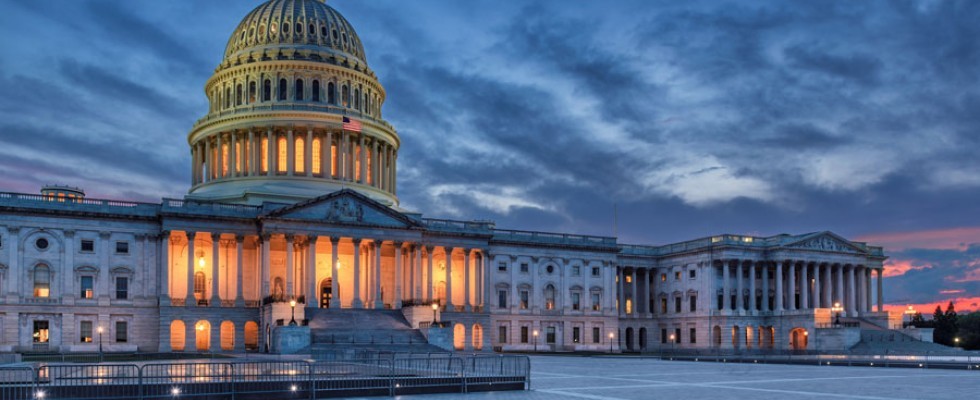
During the COVID-19 pandemic, hospice organizations have experienced difficulty providing respite care in situations where family caregivers aren’t available to care for hospice patients for the current five-day limit (for example, when family caregivers have been diagnosed with COVID-19 and must isolate from vulnerable hospice patients).
Patients may also be unwilling to enter a facility due to the potential risk of contracting COVID-19, or facilities may not have respite care beds available.
Legislation
S. 4423 gives the secretary of Health and Human Services the authority during a declared public health emergency such as the current pandemic to:
- Waive the five-day maximum for respite care when the caregiver is unable to provide care due to illness or isolation, for up to 15 days; and
- Waive the requirement that respite care only be provided in an inpatient setting, making the hospice respite benefit available to hospice patients in their place of residence, thereby keeping the patient safe and reducing exposure to COVID-19.
Industry Support
Senators Sherrod Brown (D-Ohio) and Shelley Moore Capito (R-West Virginia), sponsored the bill, which has garnered wide industry support from advocacy groups, including:
- ElevatingHOME
- Hospice of the Western Reserve
- LeadingAge
- National Association of Home Care & Hospice
- National Hospice Cooperative
- National Hospice and Palliative Care Organization
- National Partnership for Hospice Innovation
- Visiting Nurse Associations of America
Did You Know? >> A 2018 study found that caregivers who received four or more hours a week of respite care reported lower emotional burdens over time than those who did not. (Source: Administration for Community Living)
What Happens Next? >> If the bill passes, whether separately or as part of a larger package, family caregivers will have broader access to respite services both in and out of the home.
Track this bill at congress.gov.
